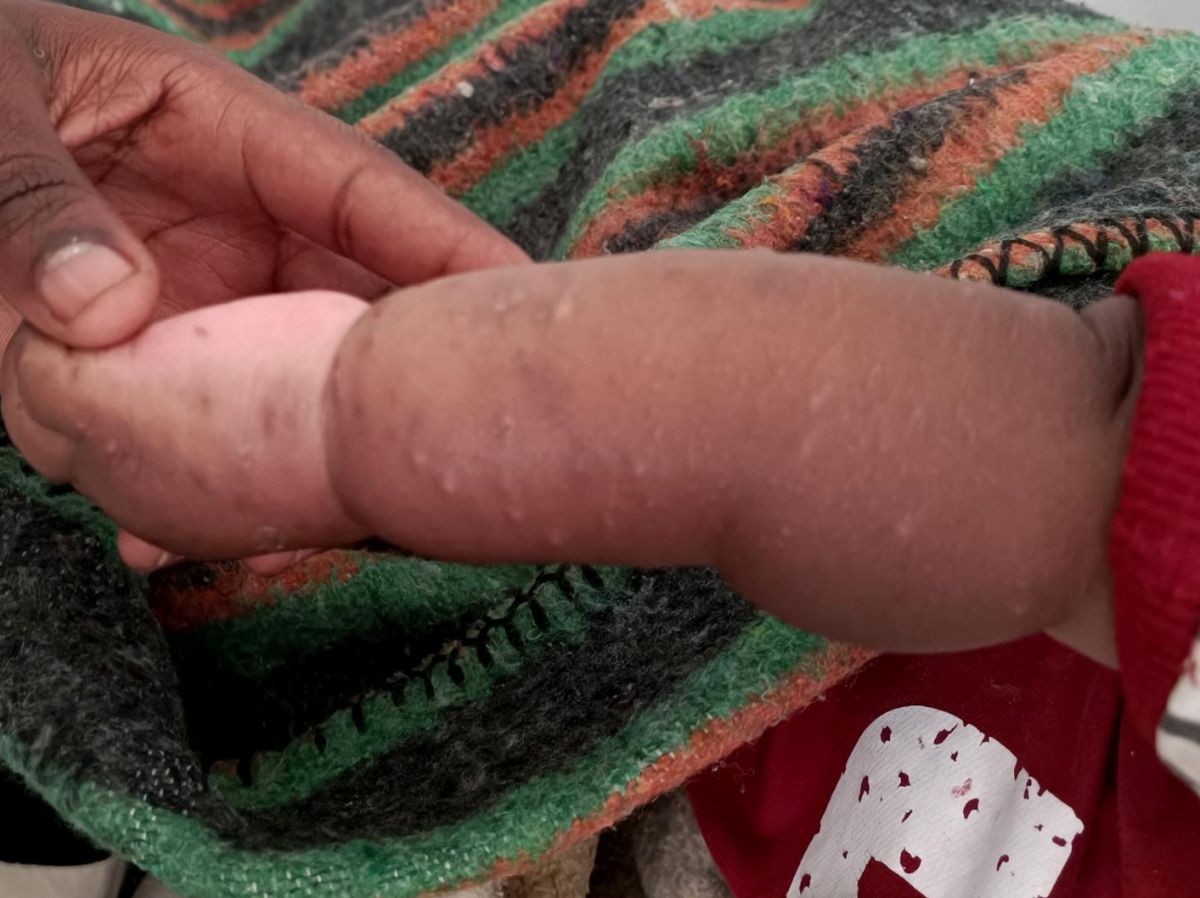Following the global wave of MPOX (previously known as monkeypox) cases in 2022, which caused more than 100,000 infections in around 100 countries, a new alarm was sounded in 2024. A dramatic rise in cases in the Democratic Republic of Congo (DRC) highlighted the emergence of a new strain, named clade 1b, potentially more contagious and dangerous. To the point of forcing the World Health Organization to trigger its highest level of alert at the international level in August 2024. Since then, this strain has been detected several times in other countries, including France and the SuedeThis clade 1b would be more easily transmitted between humans than its predecessors, particularly through sexual contact. And it could mean an increased danger for pregnant women, according to a study published on February 11, 2025 in Nature Medicine by the Erasmus University Medical Center (Netherlands), the Center of rresearch in sciencenatural resources of Lwiro (DRC), and the University of Rwanda.

By Nicolas Gutierrez C. THE Subscribers
More than half of pregnant women with confirmed clade 1b infection of this virus have miscarried, raising concerns that intrauterine transmission could be dangerous for the fetus.

The virus can be transmitted to the fetus, which would endanger the pregnancy as well as the health of the baby if the pregnancy goes to term.
AUGUSTIN WAMENYA / ANADOLU/ Anadolu via AFP

